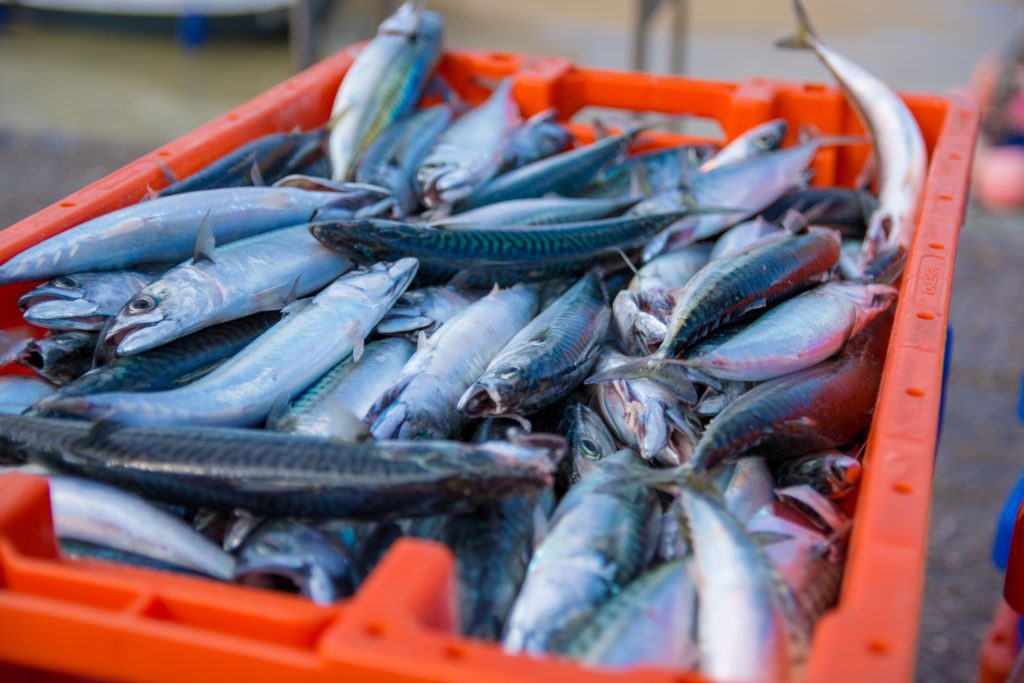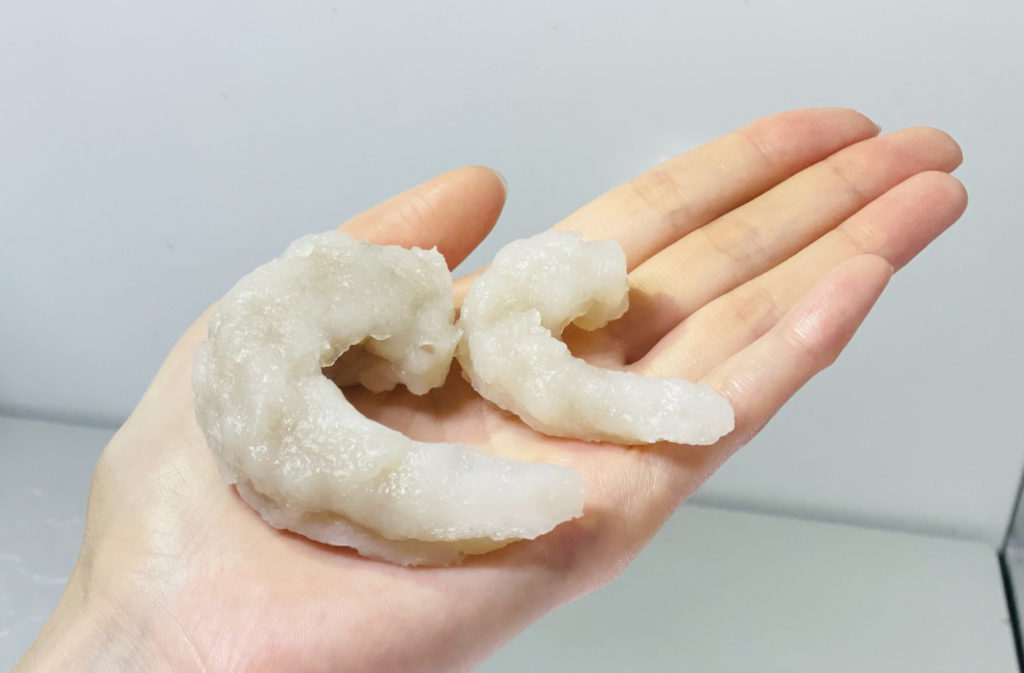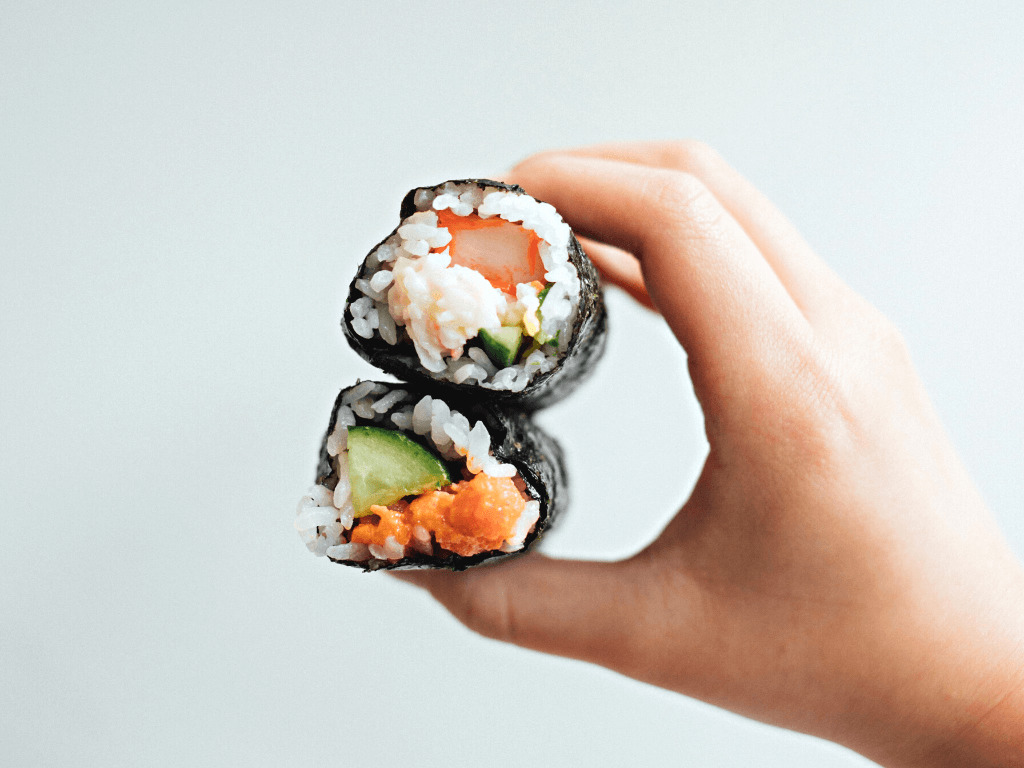Heavy Metals, Microplastics, Driving Asia’s Shift to Plant-Based Seafood: Report
3 Mins Read
In the first survey of its kind, leading protein think tank Good Food Institute APAC identified key factors sending Asian consumers toward plant-based seafood options.
Consumers across Singapore, Thailand, Japan, and South Korea are largely excited by the potential in alternative seafood options. Specifically, they’re motivated by the absence of heavy metal and microplastic contamination says the new GFI report. There is also an increased interest in avoiding foodborne illnesses common from consuming seafood, such as Vibrio infection, norovirus, and hepatitis A.
Deciding factors
The interest isn’t just driven by avoiding seafood’s inherent issues, though. The survey found consumers are seeking to add more omega fatty acids into their diets; a growing number of alternatives are satisfying this demand with healthy algae oil, among other healthy sources.
But despite the interest, consumers are still motivated by taste and texture. They will also not compormise on the health benefits even if it’s at the expense of choosing the most sustainable option, the survey found. There were also concerns over freshness and whether or not alternatives were as natural as conventional fish.

“As with all foods, taste is the single most impact factor in determining the commercial success of alternative seafood products,” Mirte Gosker, Acting Managing Director of GFI APAC, said in a statement. But, Gosker says it’s not the only deciding factor.
“Consumers also want products that can match or exceed the nutritional value, freshness, and affordability of the conventional seafood they know and love,” she says.
“Satisfying these demands will require substantially more investment from public and private stakeholders into open-access research and development aimed at improving the quality and cost of plant-based and cultivated seafood products,” she added.
Alternative seafood demand
The news comes as APAC countries are seeing an uptick in plant-based seafood offerings. According to GFI APAC, alternative seafood companies raise US$175 million last year, which is nearly double the amount raised in 2020. It says more than 120 companies are currently developing alternatives to seafood.

OmniFoods has been making a big splash in the region. In January, Starbucks released a plant-based fish sandwich made with OmniFoods’ vegan seafood ahead of the Chinese New Year. Earlier this month, leading seafood producer Thai Union launched plant-based shrimp, building on its recent plant-based seafood offerings.
But it’s not just plant-based seafood that’s offering potential. The cultivated meat space is booming too, with the potential to support the changing consumer habits in Asia. In July, China’s Avant, which is working on cultivated fish, closed a $10.8 million Series A funding round. Shiok Meats recently partnered with Vietnam’s largest shrimp producer to develop cultivated seafood. Singapore’s Umami Meats announced plans to partner with MeaTech on 3D-printed cultivated seafood. In July, South Korea’s Cellmeat said its cell-based Dokdo Shrimp is market ready pending regulatory approval.
Lead Photo by Frank Zhang on Unsplash



